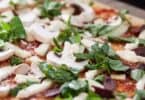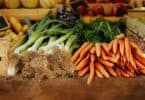Mastering cooking is a journey that requires a deep understanding of various aspects.
Did you know that 75% of beginners struggle with controlling cooking temperature?
In this article, we explore the key elements of becoming a skilled cook, including temperature control, spices and herbs, following recipes, and learning from experience.
By delving into these topics, individuals can unlock their culinary potential and create delicious dishes with confidence.

So, if you’re ready to embrace the freedom of the kitchen, let’s dive in and discover the secrets of mastering cooking.
Key Takeaways
- Proper temperature control is crucial for successful cooking
- Using a variety of spices and herbs enhances the taste of food
- Following a recipe ensures consistent results
- Learning from your own mistakes helps you become a better cook
Understanding Temperature Control
Understanding temperature control is crucial for successful cooking, as it allows the cook to avoid burning or undercooking food. Temperature control techniques vary depending on the cooking method being used.
For example, when grilling, high heat is necessary to sear the exterior of the food and lock in juices. On the other hand, when braising, low and slow cooking at a gentle simmer is needed to tenderize tough cuts of meat.
The impact of temperature on different cooking methods cannot be underestimated. Baking requires precise temperature control to ensure even cooking and proper rising of baked goods. Deep frying requires maintaining a consistent temperature to achieve a crispy exterior while cooking the food through.
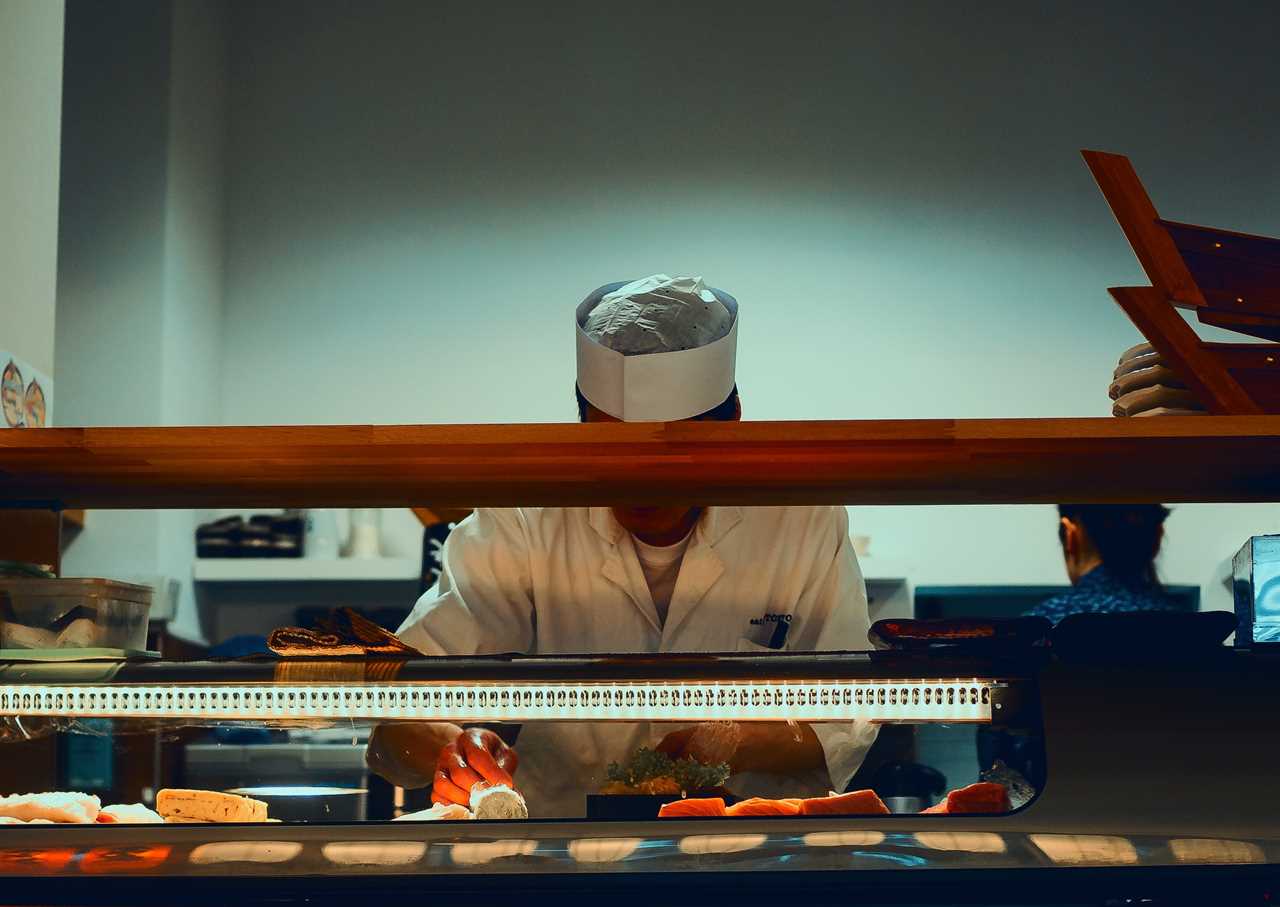
Enhancing Flavor With Spices and Herbs
Using a variety of spices and herbs in their dishes enhances the taste and adds depth to the flavors. Pairing spices and experimenting with herbs can lead to exciting flavor combinations. To create unique dishes, cooks can try different spice blends and adjust the amounts to suit their taste. The table below showcases some popular spice and herb combinations that can elevate the flavors of various cuisines:
| Spice Blend | Cuisine |
|---|---|
| Garam Masala | Indian |
| Herbes de Provence | French |
| Cajun Seasoning | Creole |
| Five Spice Powder | Chinese |
| Za’atar | Middle Eastern |
These spice blends can take a dish from ordinary to extraordinary, allowing cooks to explore different flavor profiles and create culinary masterpieces. Whether adding a touch of heat, a hint of sweetness, or a burst of freshness, the right combination of spices and herbs can transform a meal into a memorable dining experience. So, don’t be afraid to experiment and let your taste buds guide you on a flavorful journey.
Importance of Following Recipes
Following a recipe accurately is crucial for achieving consistent and successful results in the kitchen. The importance of accuracy cannot be overstated, as it ensures that the dish turns out the way it was intended. By following a recipe precisely, one can replicate flavors and textures time and time again, providing a sense of reliability and dependability in the kitchen.
Consistency is one of the key benefits of following recipes, allowing cooks to produce dishes that are familiar and loved by others. Moreover, accuracy in following recipes also allows for creativity and freedom within the boundaries of a recipe. Once a cook has mastered the art of following recipes, they can then begin to experiment and make minor modifications to suit their taste preferences.
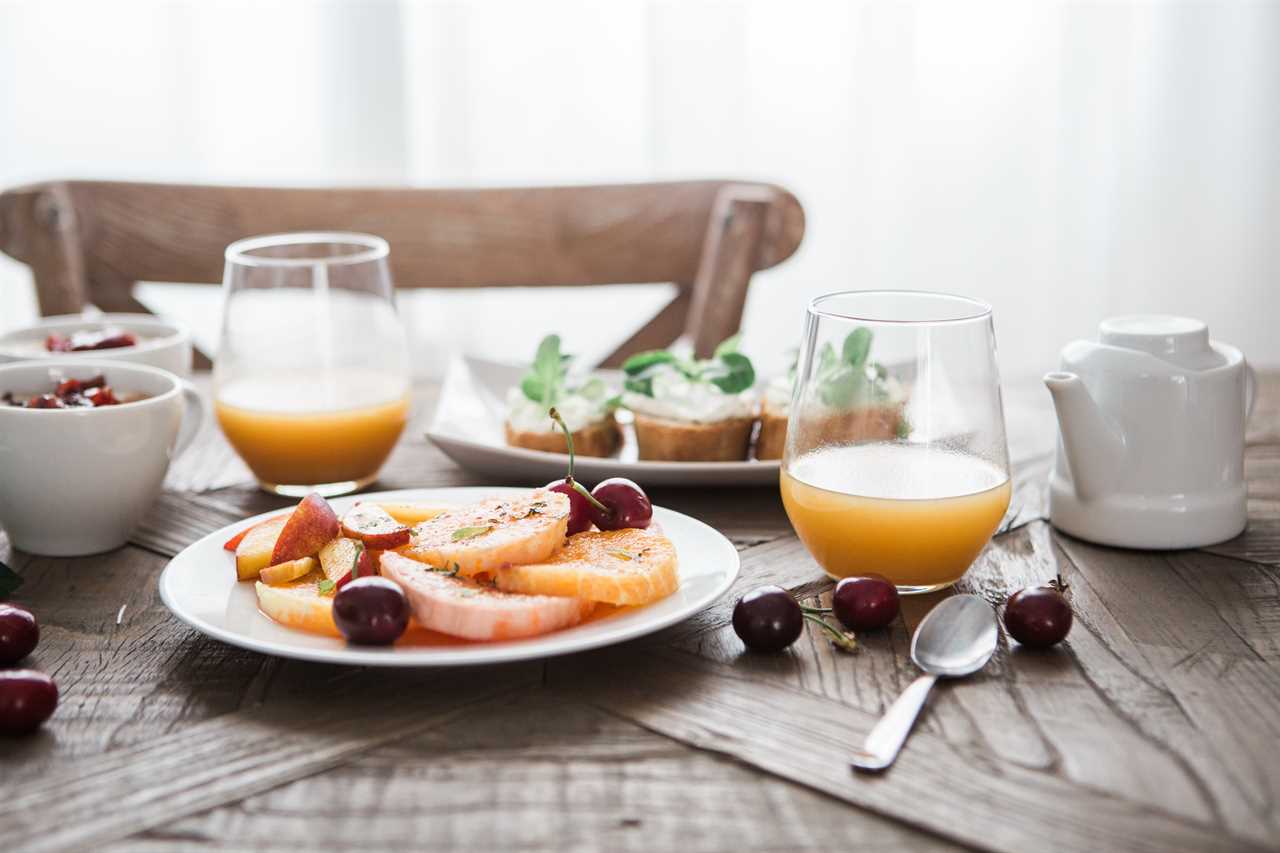
In this way, following recipes becomes a foundation for culinary exploration and innovation.
Learning From Cooking Experience
Embracing mistakes and learning from them is essential for becoming a more skilled and confident cook. Making the most of mistakes allows for personal growth and the development of one’s own cooking style.
Experimentation: Trying new techniques and ingredients can lead to unexpected outcomes, both good and bad. By embracing mistakes, cooks have the freedom to explore and discover unique flavors and combinations.
Adaptation: Learning from past mistakes allows cooks to adapt and improve their skills. Each experience in the kitchen provides valuable lessons that shape their cooking style.
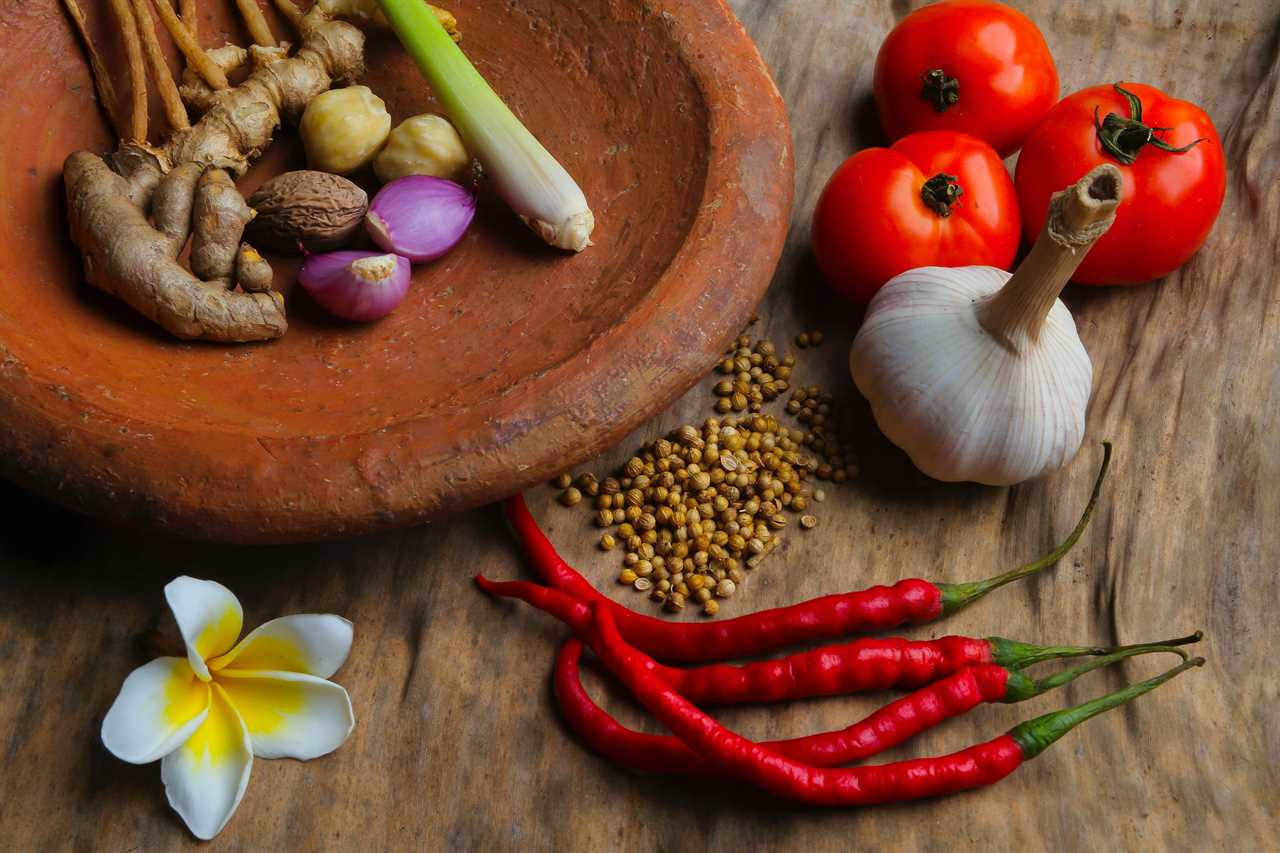
Essential Tips for Mastering Cooking
Investing in quality kitchen tools and equipment is essential for achieving better results in the culinary arts. By using the right tools and equipment, such as sharp knives, high-quality pots and pans, and accurate thermometers, cooks can ensure precise cooking temperatures and better control over their dishes.
Mastering cooking techniques and time management in the kitchen are crucial for becoming a skilled cook. From properly seasoning food to understanding the right cooking times for different ingredients, cooks must pay attention to detail and experiment with flavors. Time management in the kitchen is also important. By planning and organizing tasks, cooks can streamline the cooking process and avoid unnecessary stress.
Expanding Culinary Repertoire
Trying out new recipes and exploring different cuisines is a great way for cooks to expand their culinary repertoire. By venturing into the realm of global cuisines, cooks can discover a world of flavors and techniques that add diversity and excitement to their cooking.
Incorporating seasonal ingredients further enhances this culinary journey, as it allows cooks to fully immerse themselves in the flavors of each season. Imagining a summer dish bursting with the freshness of ripe tomatoes, fragrant basil, and juicy peaches, or a comforting winter meal with hearty root vegetables and warming spices, the possibilities are endless.

Exploring global cuisines and incorporating seasonal ingredients not only broadens a cook’s knowledge and skillset, but it also offers a sense of freedom and creativity in the kitchen, making every meal a delightful adventure.
Frequently Asked Questions
What Are Some Common Mistakes Beginners Make When It Comes to Temperature Control in Cooking?
Common mistakes beginners make when it comes to temperature control in cooking include not understanding the importance of proper temperature. Using high heat for faster cooking without considering the consequences is another common mistake. Additionally, beginners often fail to start with low heat for slow cooking.
Troubleshooting temperature control requires beginners to learn the relationship between temperature and cooking time. It is crucial to avoid burning or undercooking food by mastering temperature control.
Following these tips can help beginners improve their cooking skills and achieve better results.
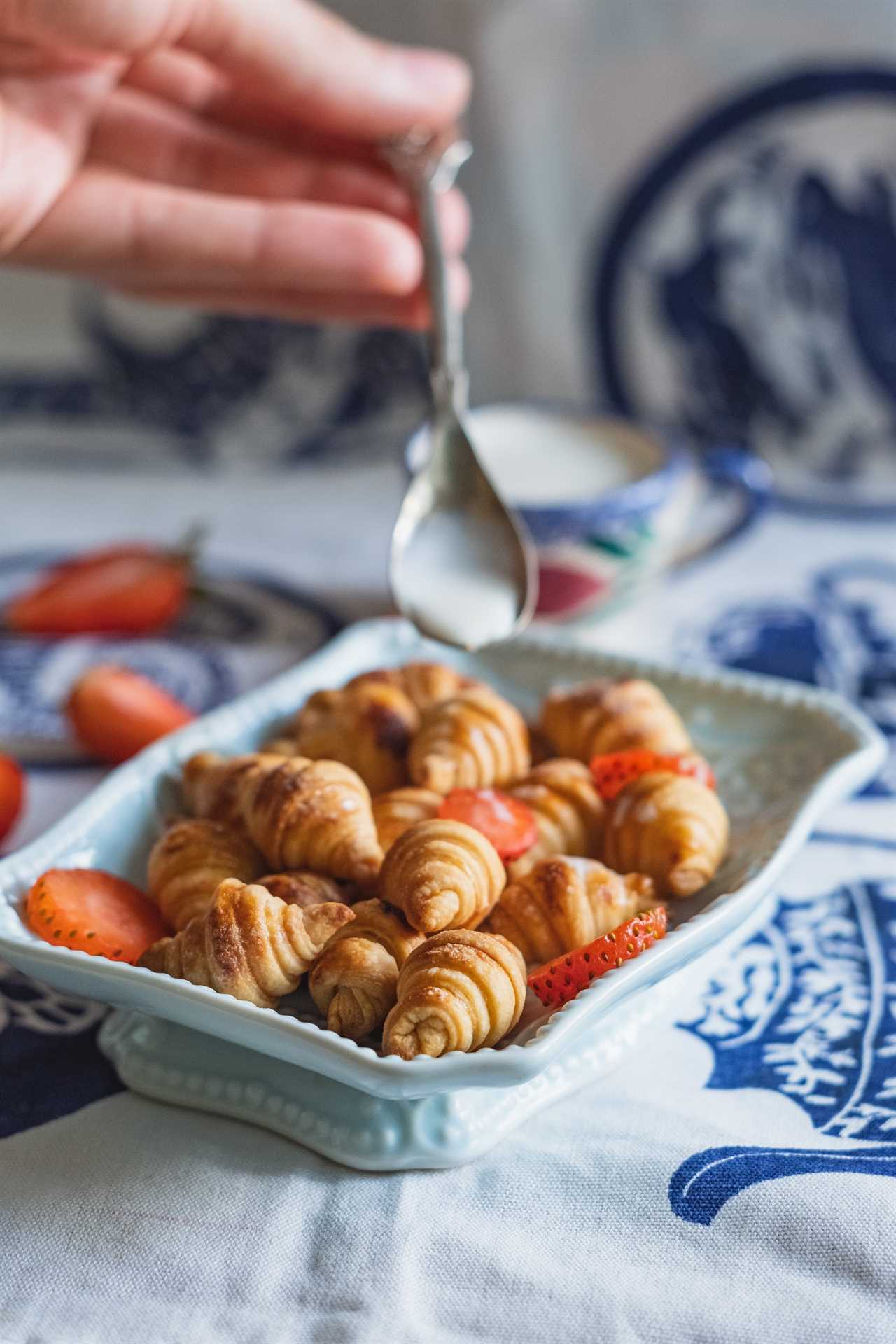
How Can I Effectively Combine Different Spices and Herbs to Create Unique Flavor Combinations?
Combining spices and herbs to create unique flavor combinations requires experimentation and understanding of spice pairing.
By mixing different spices, one can achieve a variety of unique flavor profiles in their dishes.
It’s important to taste and adjust as you go, adding generous amounts of spices to enhance the taste.
With experience, cooks can confidently modify recipes to suit their preferences.
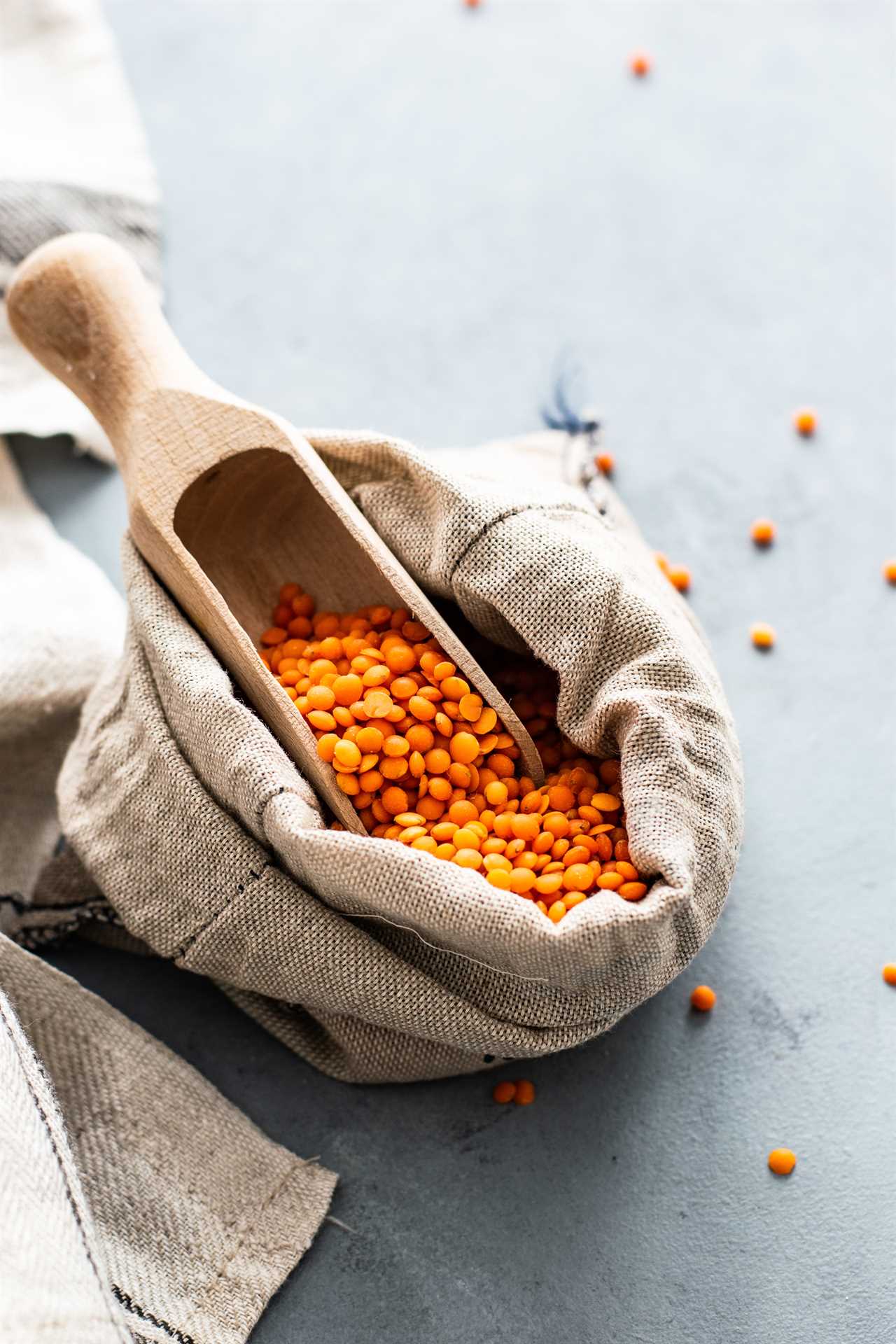
Embracing freedom in the kitchen allows for endless possibilities and the opportunity to create truly memorable and flavorful meals.
Are There Any Specific Substitutions or Modifications I Can Make to a Recipe if I Don’t Have All the Necessary Ingredients?
If you find yourself without all the necessary ingredients for a recipe, fear not! There are plenty of substitutions and modifications you can make to still achieve a delicious dish.
Whether it’s swapping out one ingredient for another or making adjustments to accommodate dietary restrictions, there are endless possibilities for creativity in the kitchen.
Don’t be afraid to experiment and think outside the box. With a little ingenuity, you can still create a fantastic meal that suits your tastes and preferences.
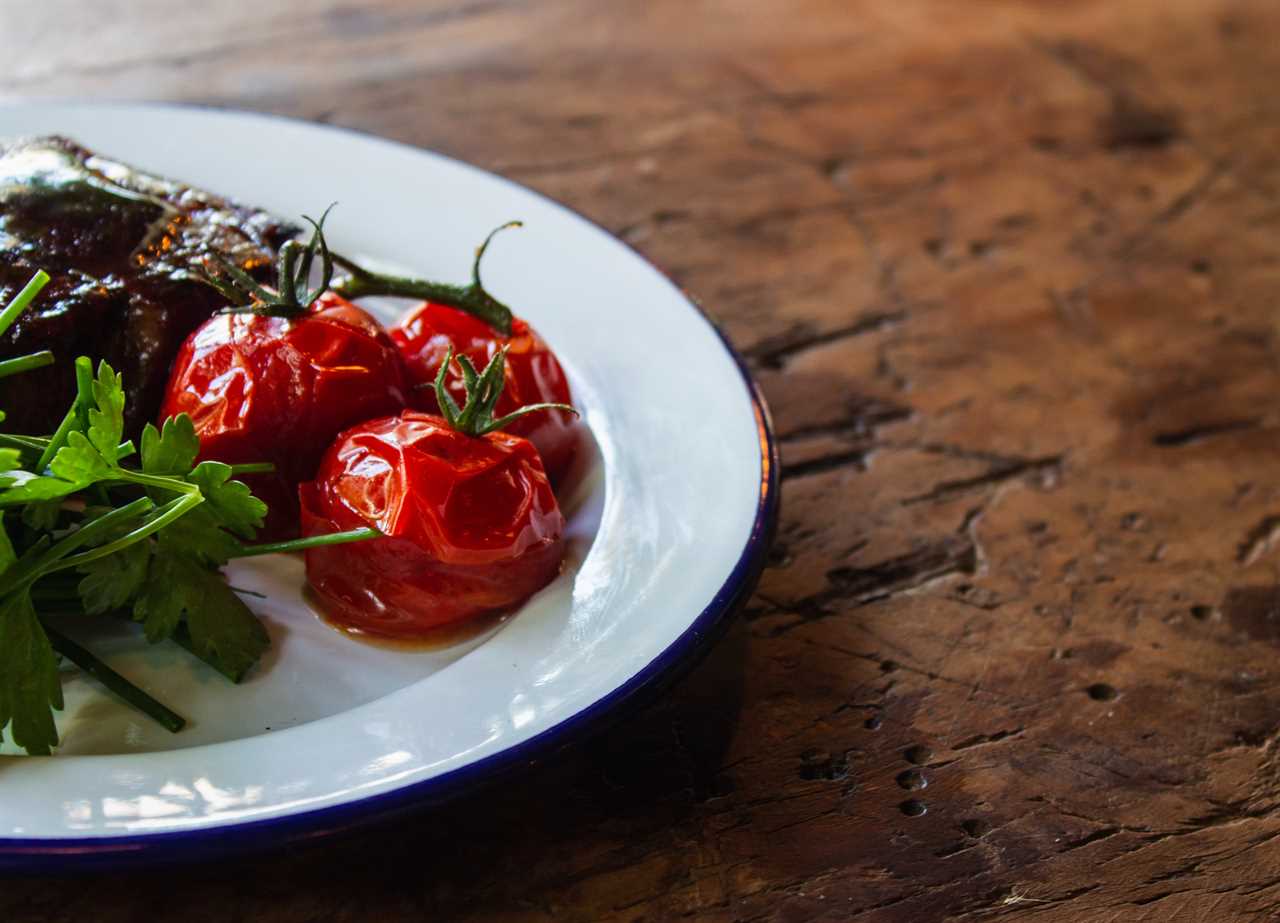
What Are Some Effective Ways to Learn From Cooking Mistakes and Improve My Skills?
Learning from mistakes is a crucial part of improving cooking skills. By reflecting on what went wrong and understanding the reasons behind it, one can make adjustments for future success.
Analyzing the technique, ingredients, or timing can help identify areas for improvement. Experimenting with different approaches and recipes can also enhance skills.
Embracing the learning process and being open to feedback are key to becoming a better cook.
Can You Recommend Any Reliable Sources or Platforms Where I Can Find a Wide Variety of Recipes to Try and Expand My Culinary Repertoire?
There are several reliable recipe platforms available online that offer a wide variety of recipes to try and expand your culinary repertoire.
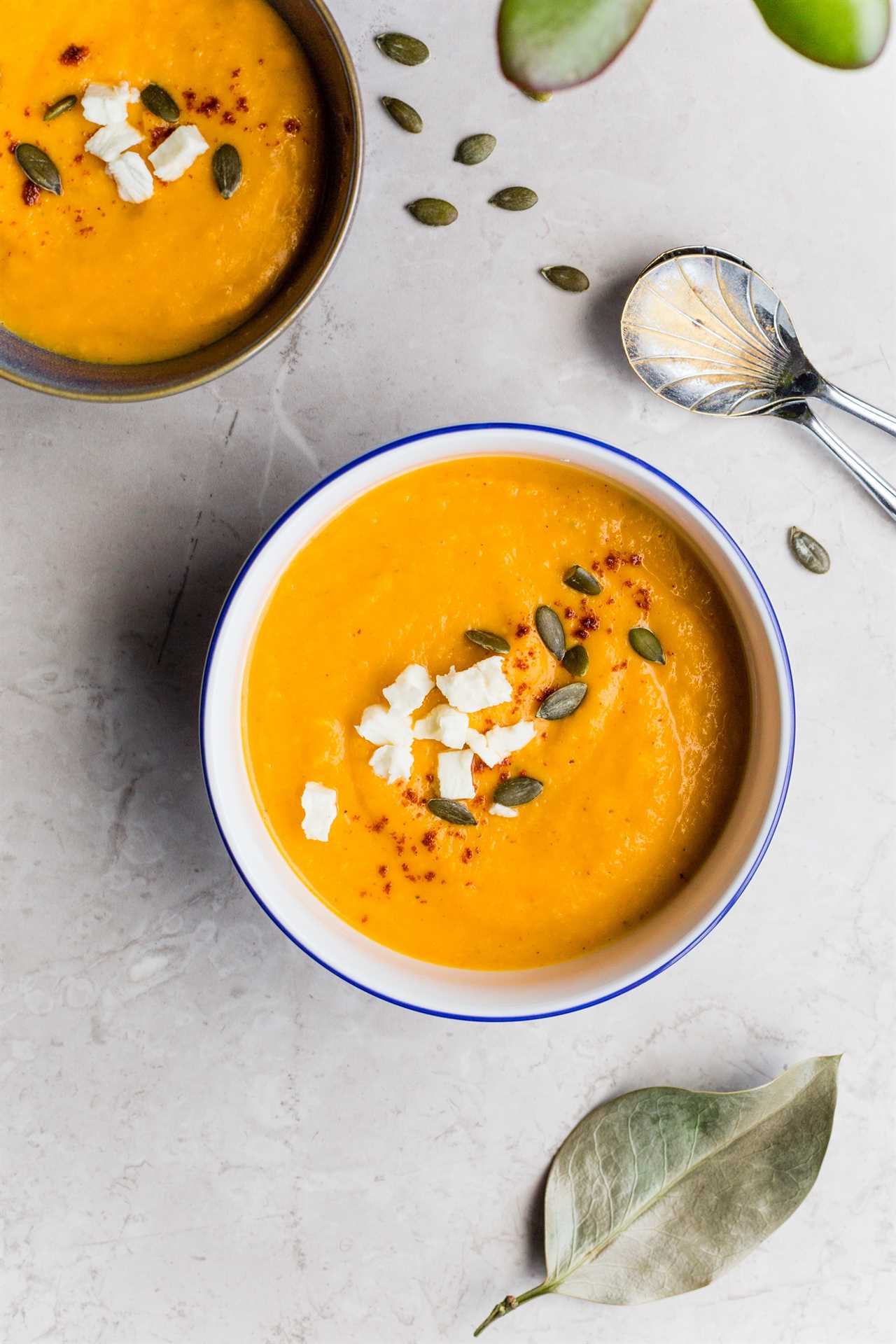
These platforms provide a vast collection of recipes from different cuisines, ranging from beginner-friendly to more advanced dishes. They often include detailed instructions, ingredient lists, and sometimes even video tutorials to guide you through the cooking process.
Some popular sources include websites like Allrecipes, Food Network, and Epicurious, as well as cooking apps like Tasty and Yummly.




